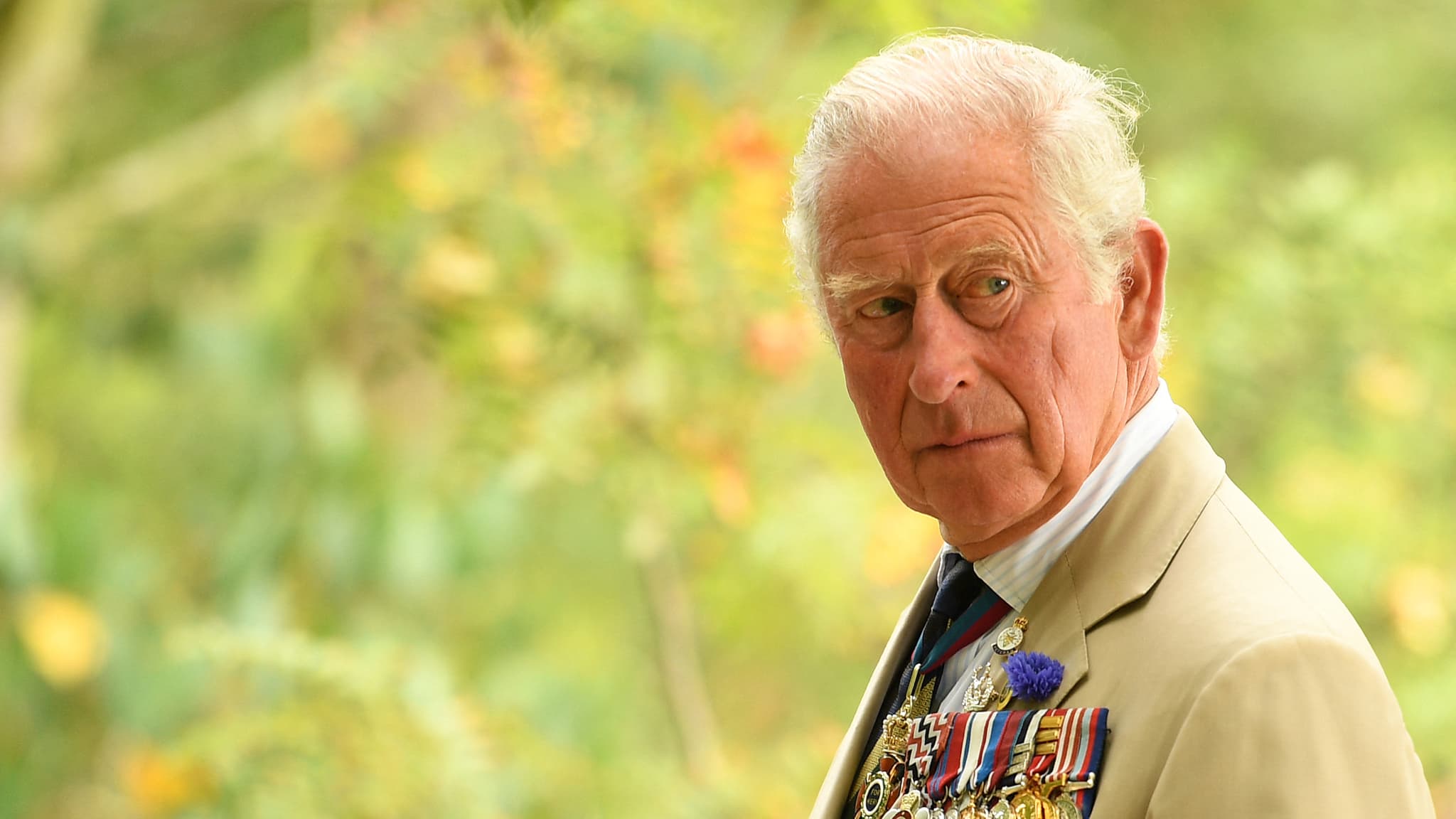Another step forward for the highly controversial immigration law or plan for Rwanda: the bill, supported by Prime Minister Rishi Sunak, was adopted in the House of Commons on 17 January. At the end of a day of heated debates and negotiations behind closed doors, the text was adopted by 320 votes to 276.
However, the matter was not easy at all. The day before, several Conservative MPs resigned from their positions: Lee Anderson and Brendan Clarke-Smith thus underline the rebellion of some members of the party. “ We have already seen two pieces of legislation thwarted by a system that is not working to meet the expectations of the British people. That is why we support the amendments to the Rwanda bill “They explained in a joint resignation letter.
His decision, however, did not worry Rishi Sunak for long. On January 16, 61 deputies who wanted to toughen the bill threatened to vote against it. However, only eleven Conservative MPs kept their word, including two former ministers, Suella Braverman and Robert Jenrick (until then Minister of State for Immigration). Meanwhile, Lee Anderson and Brendan Clarke-Smith finally fell in line by voting in favor of the bill. Eighteen conservative deputies abstained.
Rwanda's plan, which aims to reduce illegal immigration to the UK, is not in its early stages. It plans to send the asylum seekers to Rwanda while British authorities study their files. Returnees will then have the possibility of requesting asylum in Rwanda or another trusted country. In November 2023, the UK Supreme Court struck down the immigration bill. He considered Rwanda too dangerous and feared that it would not honor its commitments by returning migrants.
The issue was therefore the subject of a new treaty, signed on December 5 between Kigali and London. Rwanda commits not to extradite asylum seekers to any country other than the United Kingdom, and to grant permanent resident status to all those who do not obtain refugee status. A commitment that will be included, after its ratification by the Rwandan Parliament, in the country's national legislation. Faced with British doubts, Rwandan President Paul Kagame spoke on the issue on Wednesday at the Davos Forum. He pledged, if necessary, to repay the £240m already paid by the UK to take in deported asylum seekers.
Eighteen conservative deputies abstained from the vote.
Despite this legislative victory, the Sunak government's fight does not end there. To be fully adopted, the immigration law must still be approved by the House of Lords. The Prime Minister spoke to the press on Thursday morning also to convince the upper house of the British Parliament. When asked about the possibility of establishing flights to Rwanda during the year, he opted to leave the ball in the Lords' court. “ Will they understand the country's frustration and act as quickly as possible to support this law and quickly have operational flights? » And to remember the importance of the Rwanda plan: “ Last year was the first year to see a decline of around a third in the number of illegal boats. That's why we need a strong deterrent. »
Rishi Sunak offered himself some respite, but the adoption of his immigration bill by the House of Commons cannot mask dissension or even fractures within his party. Especially since polls are accumulating that predict a harsh defeat in the next general elections. His authority is increasingly questioned. The Prime Minister knows it: he has no choice but to carry out his plan for Rwanda. It remains to be seen whether he will be able to reunite his party and at the same time hold firm to this crucial law of his mandate.

“Troublemaker. Typical travel fan. Food fanatic. Award-winning student. Organizer. Entrepreneur. Bacon specialist.”







